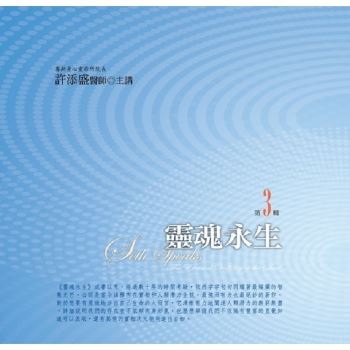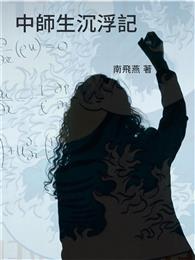This book offers a unique perspective on the colonial roots of modern science, technology, and medicine (STM) in South Asia. The book questions the deconstruction of imperial visions and definitions of science and modernity in South Asia. It presents an in-depth analysis of the contested relationship between science, modernity, and colonialism. It explores how new research can contribute to the diversification of perspectives in the history and sociology of modern South Asian studies. The chapters in the book delve into various aspects of STM in South Asia. It covers diverse topics, including the social, cultural, and pedagogic context of early modern Bengal, the popularization of science in colonial Punjab, the Hindi science periodical Vigyan, and the emergence of the Indian science community. The book also examines the intersection of indigenous medical practices, ayurveda, and medical revivalism and highlights peripheral creativity in science. The contributors engage with the existing historiography to raise new questions concerning the global circulations of scientific knowledge from the perspective of South Asia and the regional appropriation of the same. It connects the history of science and modernity with South Asia’s socio-economic and cultural background. It offers valuable insights into the decolonization of STM. It greatly interests scholars and students of modern South Asian history, sociology, social anthropology, and Science, Technology and Society Studies (STS).
| FindBook |
有 1 項符合
Decolonizing Science and Modernity in South Asia: Questioning Concepts, Constructing Histories的圖書 |
 |
Decolonizing Science and Modernity in South Asia: Questioning Concepts, Constructing Histories 出版社:Springer 出版日期:2024-09-20 語言:英文 規格:精裝 / 23.5 x 15.49 cm / 普通級/ 初版 |
| 圖書館借閱 |
| 國家圖書館 | 全國圖書書目資訊網 | 國立公共資訊圖書館 | 電子書服務平台 | MetaCat 跨館整合查詢 |
| 臺北市立圖書館 | 新北市立圖書館 | 基隆市公共圖書館 | 桃園市立圖書館 | 新竹縣公共圖書館 |
| 苗栗縣立圖書館 | 臺中市立圖書館 | 彰化縣公共圖書館 | 南投縣文化局 | 雲林縣公共圖書館 |
| 嘉義縣圖書館 | 臺南市立圖書館 | 高雄市立圖書館 | 屏東縣公共圖書館 | 宜蘭縣公共圖書館 |
| 花蓮縣文化局 | 臺東縣文化處 |
|
|
內容簡介
作者簡介
Sahara Ahmed is Professor at the Department of History, Rabindra Bharati University, Kolkata, India. She obtained her Ph.D. from University of Calcutta. Her research interests include histories of ecology, environment, and sustainable development, health and medicine in colonial and post-colonial contexts. She is the author of Woods, Mines and Minds: Politics of Survival in Jalpaiguri and the Jungle Mahals, 1860-1970 (Primus, 2019). Her most recent publications--’Epidemics and the Indigenous Tribes: Sub-Himalayan Bengal and the Jungle Mahals’, in Poonam Bala and Russel Viljoen (eds.), Epidemic Encounters, Communities in the Colonial World (Lexington Books, 2023), and ’Designing scientific mining: evolution and implementation, c. 1860s-1960s’, in Suvobrata Sarkar (ed.), History of Science, Technology, Environment, and Medicine in India (Routledge, 2022). She is the secretary of the Society for the History of Science Kolkata
Suvobrata Sarkar teaches history at Rabindra Bharati University, Kolkata. He obtained his Ph.D. from Jawaharlal Nehru University, New Delhi. His research explores the history of technology in the context of the 19th and 20th century South Asia. Sarkar is the author of Let there be Light: Engineering, Entrepreneurship and Electricity in Colonial Bengal, 1880-1945 (Cambridge University Press, 2020), in addition to several articles and book chapters. He has also edited the History of Science, Technology, Environment, and Medicine in India (Routledge, 2022). He received the Maurice Daumas Prize 2019 from the International Committee for the History of Technology (ICOHTEC).
|










